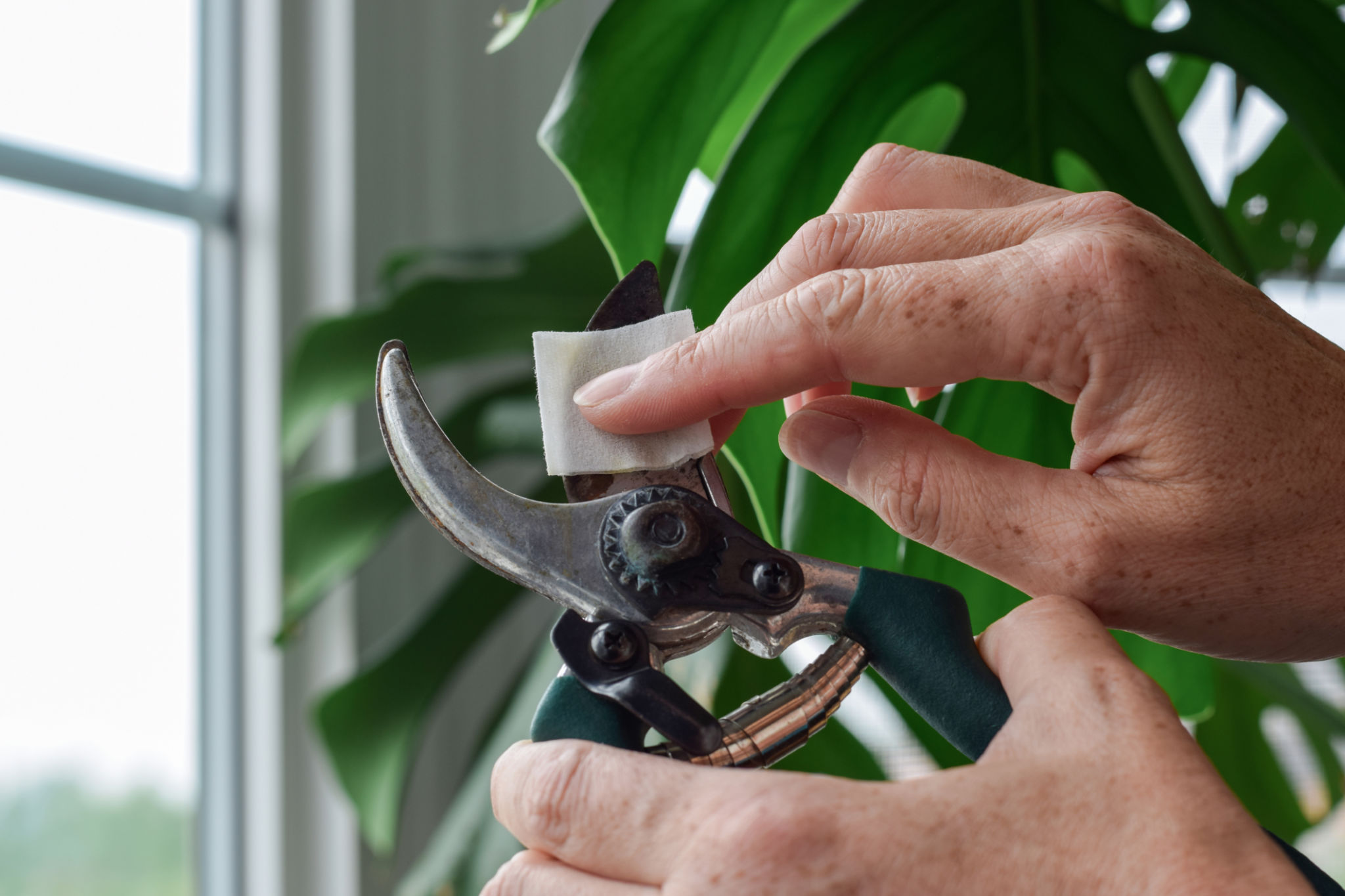Common Cleaning Myths Debunked: What Really Works
Ev
Introduction to Cleaning Myths
Cleaning is a task that everyone engages in, yet there are countless misconceptions about what methods are most effective. Over time, these myths can lead to ineffective cleaning practices and even damage to your home. Let's dive into some of the most common cleaning myths and discover what truly works.

Myth 1: Vinegar is a Universal Cleaner
While vinegar is often hailed as a natural cleaning miracle, it's important to know its limitations. Vinegar is acidic, which makes it effective for certain tasks, such as cutting through grease and removing mineral deposits. However, it can damage surfaces like granite and marble, and it doesn’t sanitize as well as you might think.
If you're looking for a disinfectant, consider using a product specifically designed for that purpose. Vinegar can complement your cleaning routine, but it shouldn't be your sole solution.
Myth 2: More Soap Means Cleaner Surfaces
It might seem logical that using more soap will lead to cleaner results, but this isn't always the case. In fact, using too much soap can leave behind a residue that attracts more dirt and grime. This can make surfaces appear dull and even stickier over time.
For most cleaning tasks, a small amount of soap goes a long way. Always rinse thoroughly to ensure no residue remains.

Myth 3: Bleach Cleans Everything
Bleach is often considered the ultimate cleaning product because of its powerful disinfecting properties. However, bleach doesn’t actually clean dirt and grime; it just sanitizes surfaces. To properly clean, you must first remove debris with an appropriate cleaner before disinfecting with bleach.
Myth 4: Newspapers are Ideal for Cleaning Windows
Many people swear by using newspapers to achieve streak-free windows. However, modern newspapers are made with different inks and paper than in the past, which can leave smudges on glass. Instead, microfiber cloths or squeegees are more effective for achieving a crystal-clear finish.

Myth 5: Air Fresheners Purify the Air
Air fresheners are often thought to clean the air by eliminating odors, but they mainly mask smells rather than remove them. For genuinely fresher air, consider using an air purifier or regularly ventilating your home by opening windows.
Baking soda is also an excellent natural alternative for absorbing odors without adding additional scents.
Conclusion: Choose Effective Methods
Understanding the truth behind cleaning myths can help you choose more effective methods and products for maintaining a clean home. By debunking these myths, you can save time, protect your surfaces, and achieve better results.
Stay informed and always question conventional wisdom when it comes to cleaning. Your home—and your peace of mind—will benefit from it.